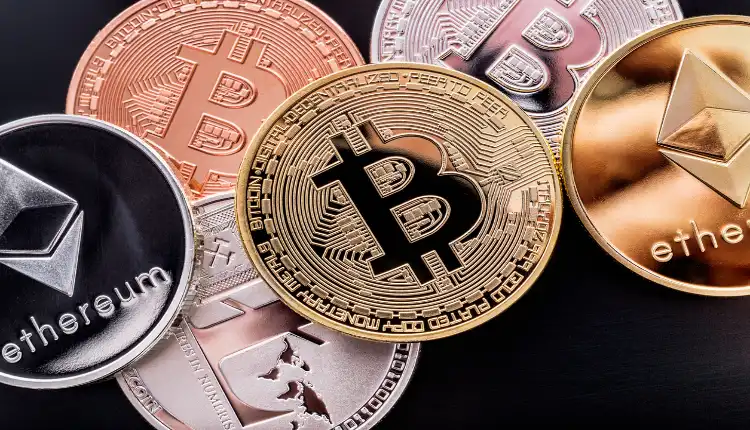
How to Recognize Fake Cryptocurrency Exchanges
According to specialists in the crypto sector, the first sign of a phony crypto exchange is any platform offering extremely high payouts.
The number of cryptocurrency investors and legitimate and fraudulent exchanges has increased as a result of the fake cryptocurrency websites growing popularity.
A marketplace where cryptocurrencies can be purchased and traded is a cryptocurrency exchange. Crypto exchanges offer storage for cryptocurrencies in addition to trading services and the ability to determine prices through trading activity.
By the way, the cyber security firm CloudSEK recently published a paper detailing how a bogus crypto exchange scheme defrauded investors out of more than $1 billion. However, this is not the only instance; statistics from Chainalysis, a Singapore-based Blockchain analytics company, show that in 2021, crypto fraudsters stole a record $14 billion.
Experts in the cryptocurrency sector have already offered suggestions for how investors might recognize these bogus exchanges amidst all of this.
How Can I Recognize This Exchange and Stay Safe?
Experts in the cryptocurrency sector claim that one of the simplest methods for locating and carrying out fundamental due diligence is to look up the specifics of the registered firm, including the names of its founders, press mentions, and client testimonials.
Companies that are registered outside of shouldn’t be trusted with digital assets because it is difficult to conduct due diligence on them and there is no legal recourse in the event that fraud is discovered.
Mehta claimed that Bitex and Franc Exchange, imitations of well-known exchanges appeared to defraud customers under the guise of offering cryptocurrency services.
According to specialists in the cryptocurrency sector, the first warning sign for any crypto platform is if it offers extremely high yields.
‘Too-good-to-be-true’ returns on digital assets are offered by shady and unremarkable crypto platforms. The first warning sign is a platform providing extremely high payouts. According to Sharat Chandra, vice president of research and analysis at EarthID, a Blockchain-based company, “producing big yields on crypto is not practical given the volatility and turbulence in the crypto markets.”
Mantras to Avoid Phony Crypto Exchanges Experts have also offered strategies for avoiding fake crypto exchanges.
“It’s probably not real if an exchange claims a rate of return on an investment that sounds way too fantastic to be true. Any guarantees of returns should also be viewed with suspicion. You will never know how much you will win or lose because of how unstable the bitcoin market is. If you want to invest in cryptocurrencies, I would advise any potential investors to only utilize reputable exchanges,” says Dr. Oriol Caudevilla, a board director at the Global Impact FinTech Forum (GIFT) and FinTech Advisor.
Investors should never pick an exchange based on social media marketing or direct messaging, says Sandeep Shukla, a co-director of the National Blockchain Project and professor of computer science and engineering.
Always conduct investigation, he advises, and you’ll frequently discover a genuine interaction that they’re pretending to be part of.
“Also, the actions of the cryptocurrency exchange, in terms of how they advertise, how they entice clients, the kind of advertisement they put on social media or via email are vital and to be informed,” he continues.
900 people reportedly donated to the ICO, according to reports. After purchasing 10 Morris Coins for Rs 15,000, investors were expected to keep the tokens in cryptocurrency wallets made available by the promoters for 300 days. The Franc exchange, a cryptocurrency exchange with headquarters in Coimbatore, was to list the coin at that time. The value of the tokens, according to their proponents, would multiply after they were listed, but everything turned out to be a massive con.
The Enforcement Directorate later detained Nishad for the Morris Coin fraud.
KPS Malhotra, DCP (Cyber Cell) of the Delhi Police, told Outlook Money that there are a number of platforms that disseminate links on WhatsApp/Telegram groups pretending to be fake cryptocurrency websites, allowing some investors to conduct trading and providing a doorway for fraud.
Final Thought
Advised investors to avoid using links and to only make payments through the primary exchange websites. Chandra continues: “These platforms frequently include an anti-dumping clause for tokens but lack any mechanism for due diligence or framework for listing tokens.


